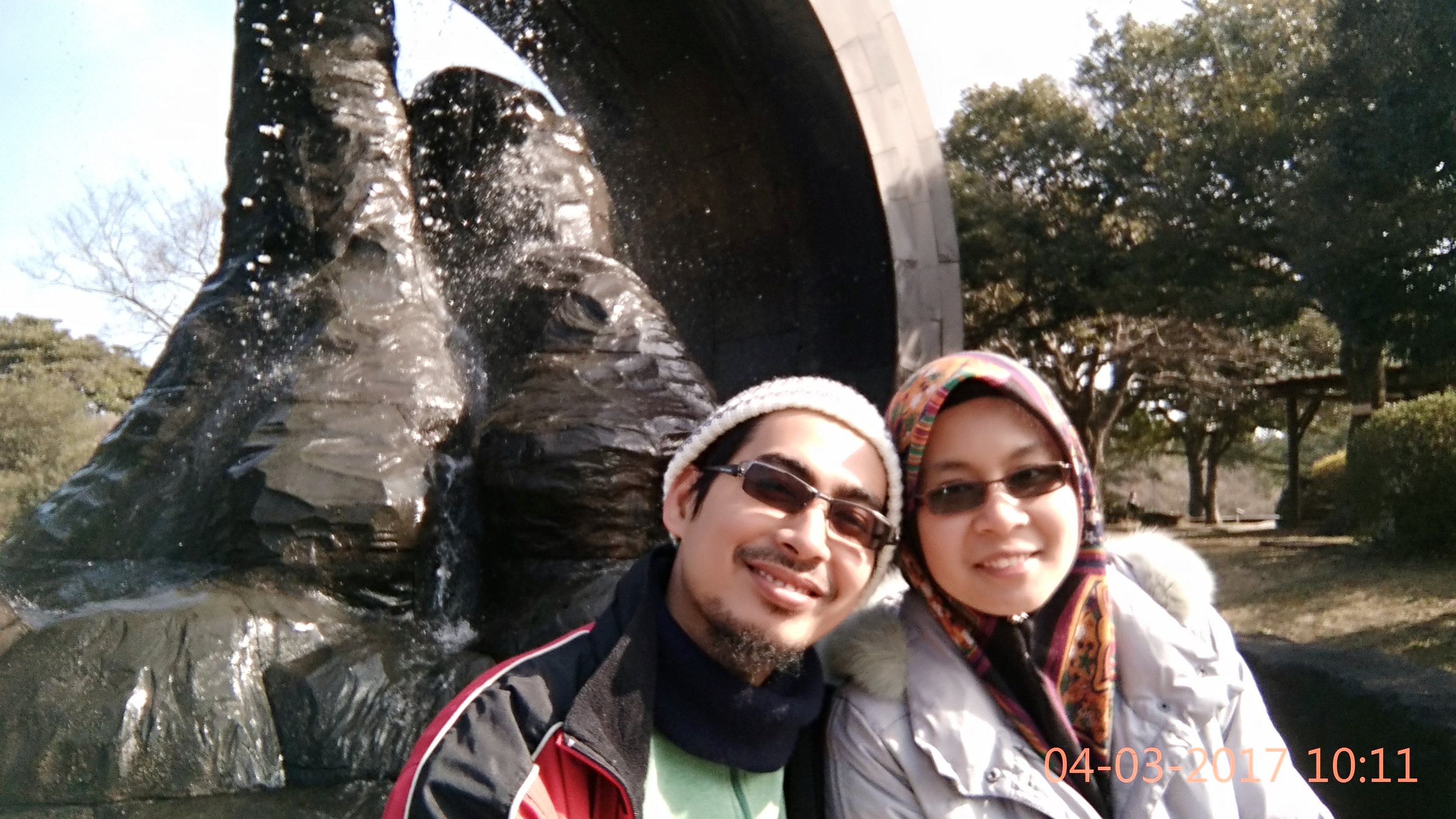Why they Put on a Mask
A young executive with poor self-esteem was promoted but he couldn’t reconcile himself to his new office and position. There was a knock at his door. To show how important and busy he was, he picked up the phone and then asked the visitor to come in. As the man waited for the executive, the executive kept talking on the phone, nodding and saying, “No problem, I can handle that.” After a few minutes he hung up and asked the visitor what he could do for him. The man replied, “Sir, I’m here to connect your phone.”
Get more stories on Short Stories app https://goo.gl/ETzph8
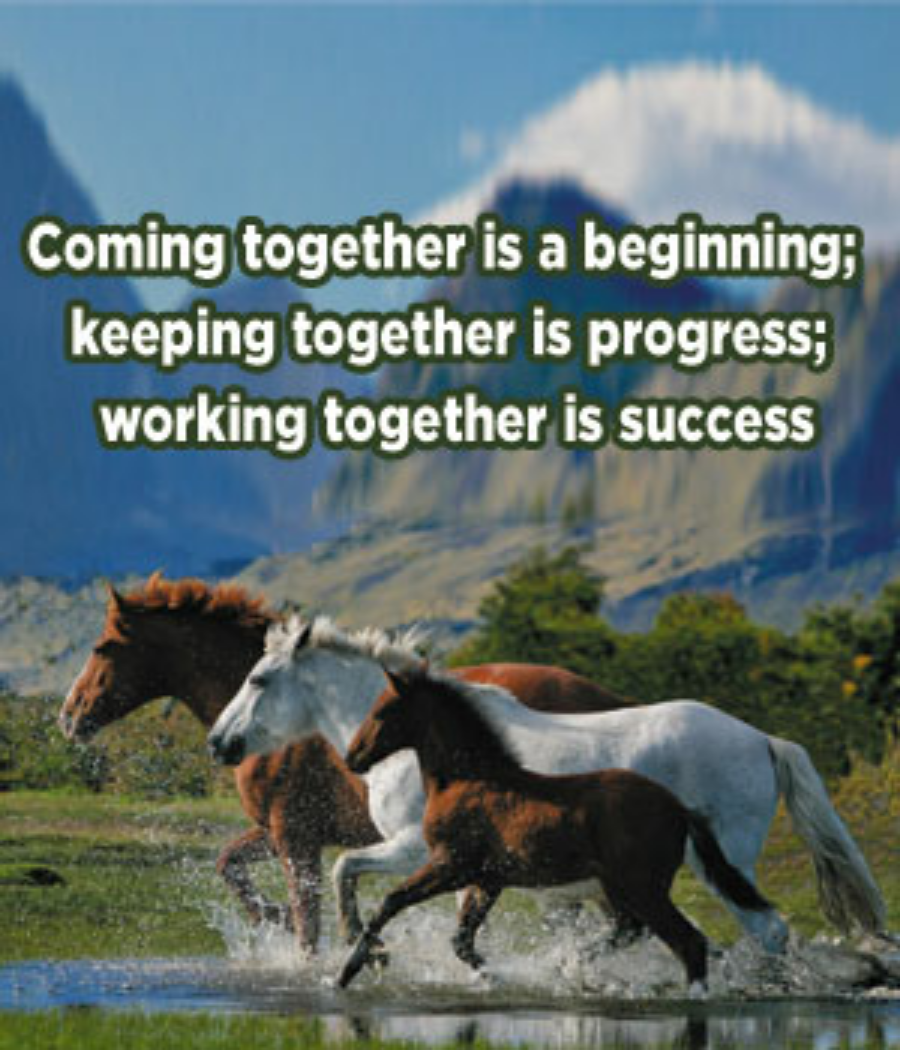
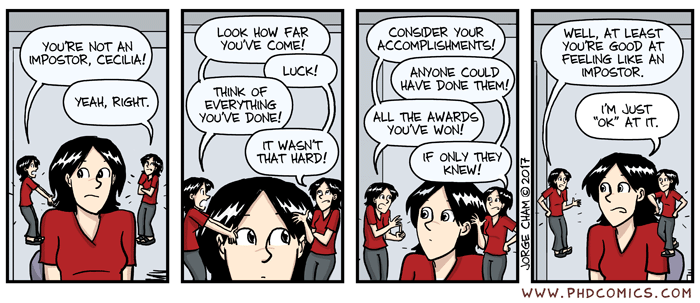
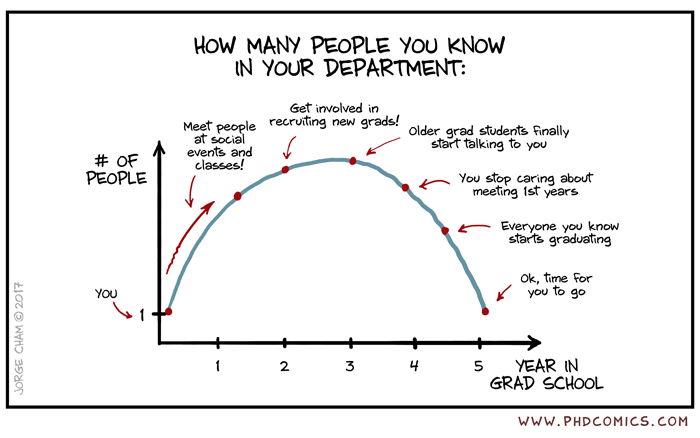


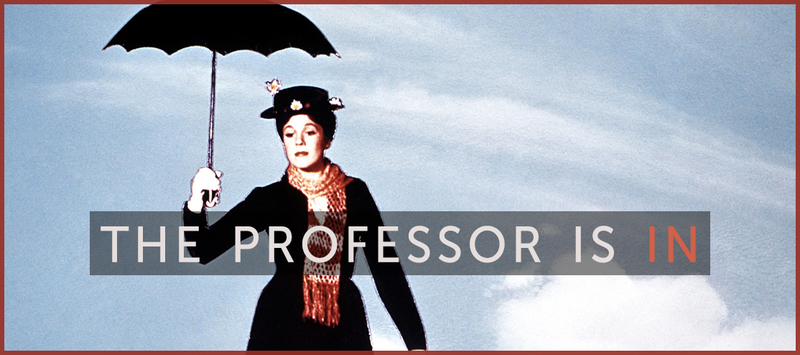
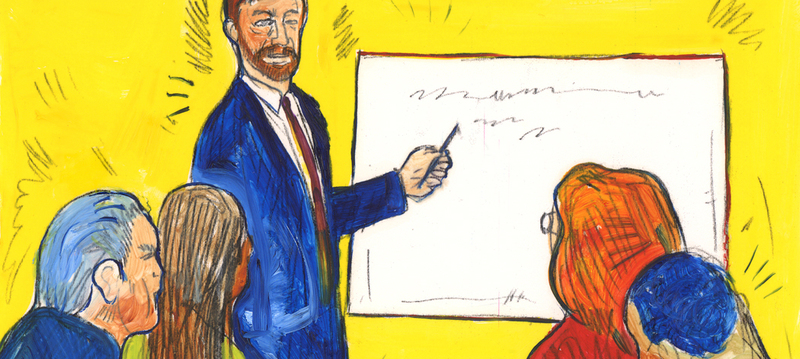






 Dragon Ball Super episode 108 Subbed
Dragon Ball Super episode 108 Subbed
